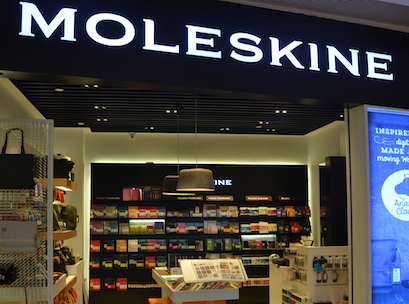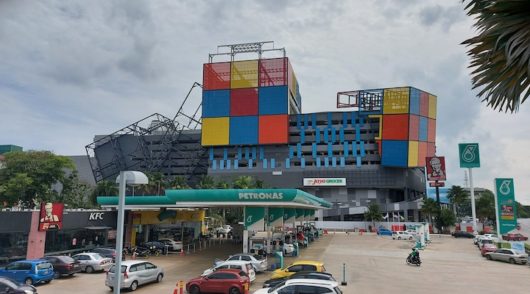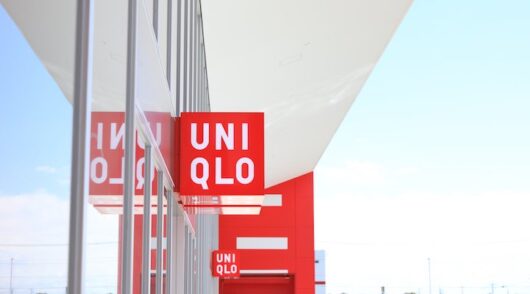So China is calling your retail name.
Where should foreign retail brands start? How do you prepare?
The allure of such a booming retail market is strong, but it is all too easy to make an expensive mistake by assuming China’s market is like any other new market in Asia.
During the Westfield Asia Express Retail Study Tour, Inside Retail Asia head from a series of experienced retail professionals working in stores, logistics, centre management and eCommerce. Here are some highlights of advice offered…
Rebecca Tibbott, head of retail leasing, Eastern China with JLL:
- Start in Shanghai and plan ahead.
- There is a myriad of licences which have to be secured, especially if you’re in food and beverage, all from the government, so relationships are key. Even your facade will need government approval as well as landlord approval.
- Be prepared to work blind at the outset. There is no transparency: you won’t really know sales performance or traffic in a mall and there is no registration of leases. “You need to have a really great brand presentation so you can detail to the landlord what you are doing, what your store will look like, how they look around the world.”
- Lease terms are a standard three to five years (usually less than three in smaller centres) and options are not typical. You lease an empty shell and incentives usually only cover the fitout term. The rental deposit is typically three months plus management fee in cash (no bank guarantees).
Andrew Wyles Waters, chairman, China Retail Group:
- It’s a mistake going it alone, but choose your partner carefully. “China is big and China can be complicated. If you have a partner in Shanghai, he will want national rights – but he might be as lost in Chengdu as you are.”
- Your ‘concept store’ (he prefers not to use the term flagship) is crucial. “If you’re not willing to maintain your concept store as a marketing expense without expecting a profit for a couple of years at least, you probably shouldn’t be doing it.”
- The majority of consumers who buy foreign goods will buy them offshore if they can, because they trust the authenticity; it gives them comfort. If they buy them in China, they don’t know that it’s real. The fact the luxury goods might be made in China is irrelevant to them. “They’re not buying where it is made, they’re buying where it’s sold where it goes through quality control.“
- Reliable supply is essential. “If you can’t get your goods to the people in a timely and cost effective manner you shouldn’t be opening business here.”
- Take it slowly and prepare for longevity. Don’t spend money on massive launches and massive PR campaigns. You need to plan what you can effectively do and where your customers are.
- “Don’t bring all 1200 SKUs here. Pick the 20 SKUs which will do the best. Get yourself positioned so people become aware of your brand and then build your range from there. A big mistake people make is that Chinese will buy what sells in other markets.”
- Focus on protecting your brand, marketing your brand, and building brand awareness. Think international and act local.
Brent Moore, Austrade trade commissioner:
- Expect challenges finding staff. There is a big shortfall in qualified human resources. If you’re looking at hospitality you’ll see a number have Filipino workers.
- Laws will always be unclear. A partner who is part Chinese will always help with handling bureaucracy and the difficulties in obtaining licences.
- Intellectual Property Rights are a gray area. Make sure your brand is registered and protected otherwise you might get there and discover someone else is trading under your name and there is nothing you can do about it. (Apple had to pay $60 million for the rights to sell the iPad in China because someone else had already registered the brand).
- Conduct research, obtain advice, and be conservative in your estimates. Be skeptical and adaptable.







